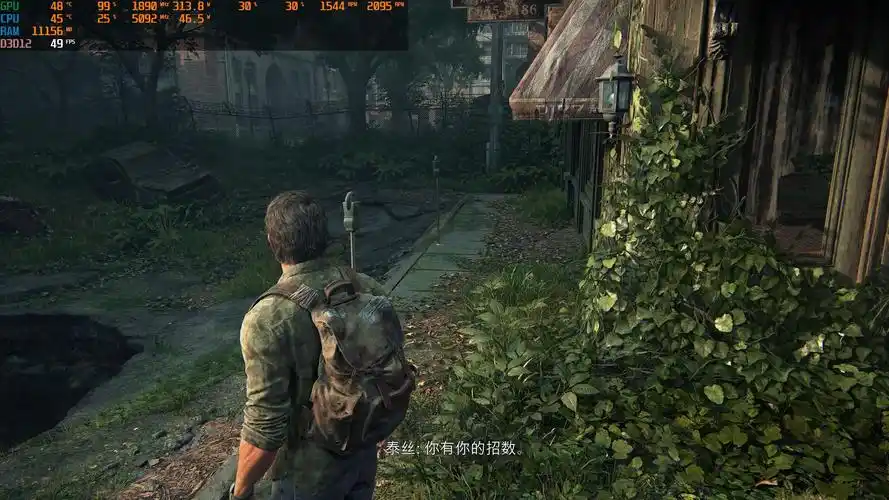Optimizing Your Deep Game News Consumption
In today's fast-paced digital world, staying informed about the gaming industry can feel like a full-time job. With countless news outlets, social media feeds, and content creators vying for your attention, it's easy to become overwhelmed or stuck in a cycle of shallow headlines. However, by strategically curating your information intake, you can dive deeper, gain valuable insights, and truly enrich your understanding of the games you love. This guide will help you optimize your deep game news consumption.
Understanding Shallow vs. Deep Consumption
First, it's crucial to distinguish between shallow and deep consumption. Shallow consumption is passive, reactive, and often algorithm-driven. It involves endlessly scrolling through social media feeds, clicking on clickbait headlines, and absorbing news in fragmented, disconnected pieces. You might learn what happened—a new game was announced, a studio was acquired—but you rarely understand the why or the how behind it.
Deep consumption, on the other hand, is active, intentional, and analytical. It’s about seeking context, understanding trends, and engaging with critical perspectives. The goal is not just to be informed but to be knowledgeable. This requires a shift from being a passive consumer to an active participant in your media diet.
Step 1: Curate Your Sources Ruthlessly
The foundation of deep consumption is a high-quality, curated list of sources. Not all outlets are created equal.
- Prioritize Quality over Quantity: Instead of following every gaming news site, identify a handful of reputable outlets known for in-depth reporting, investigative journalism, and critical analysis. Look for publications that employ dedicated reporters with industry contacts and a history of breaking real news, not just regurgitating press releases.
- Embrace Critical Voices: Include sources that offer critique and commentary, not just news. This includes long-form video essays on YouTube, critical analysis podcasts, and websites dedicated to game critique. These voices help you think critically about the games and the industry practices behind them.
- Go Direct: Follow developers, directors, and producers directly on platforms like Twitter, Mastodon, or their personal blogs. This often provides unfiltered insights into the creative process, development challenges, and post-launch support that traditional news might miss.
- Utilize Aggregators Wisely: Use news aggregators like Google News or dedicated subreddits (e.g., r/Games, which tends to be more news-focused than r/gaming) as a starting point, not an endpoint. They can help you spot trending stories, but always click through to the original source to read the full context.
Step 2: Choose the Right Medium for Depth
The format in which you consume news significantly impacts your understanding.
- Long-Form Articles and Essays: This is the cornerstone of deep consumption. Websites that publish detailed features, post-mortems, and investigative pieces provide the context and nuance that short news blurbs cannot. Allocate time to read these thoroughly.
- Podcasts and Video Essays: Audio and video are perfect for deep dives during your commute or downtime. A well-researched 90-minute podcast discussion about industry trends or a 45-minute video essay analyzing a game's narrative design can offer perspectives you hadn't considered.
- Newsletters: Curated newsletters are a powerful tool against algorithmic chaos. Subscribing to a newsletter from a trusted journalist or outlet (like Game Developer Digest or Simon Carless’s Game Discoverability) delivers a digested, often annotated, list of the most important news straight to your inbox, saving you from the endless scroll.
Step 3: Develop Active Consumption Habits
Changing your sources is only half the battle; you must also change how you engage with them.
- Schedule Your Consumption: Designate specific times for checking news. Instead of constant checking throughout the day, set aside 30-45 minutes in the morning or evening to go through your curated sources. This prevents news from becoming a distraction and allows for more focused reading.
- Read Beyond the Headline: This cannot be overstated. Headlines are designed to grab attention, often at the expense of nuance. Always read the entire article before forming an opinion or sharing it.
- Practice Critical Thinking: As you consume, ask questions. Who is the source of this information? What might their bias be? Is this a verified fact or speculation? How does this news fit into larger industry trends (e.g., acquisition fever, live-service models, unionization)?
- Engage in Discussion: Join thoughtful online communities or Discord servers where members discuss news in depth. Explaining your perspective to others or debating a point forces you to articulate your thoughts and solidify your understanding. Just ensure the community prioritizes constructive dialogue over toxic fanboyism.
Step 4: Implement a "Knowledge Management" System
Deep consumption is about building a knowledge base, not just consuming disposable information.

- Bookmark and Tag: When you read a fantastic article or analysis, don't just close the tab. Use a bookmarking tool (like Raindrop.io or even a simple Google Doc) to save it. Tag it with keywords like "#Acquisitions," "#IndieDev," or "#NarrativeDesign" for easy retrieval later.
- Synthesize Information: Make notes on big stories. Write a short summary in your own words or connect a new piece of information to something you learned previously. This act of synthesis is what turns scattered information into personal knowledge.
- Take Breaks and Digest: The gaming news cycle is relentless. It's okay to step away. In fact, it's necessary. Taking a day or two off allows you to return with a fresh perspective and prevents burnout, ensuring that when you do engage, you can do so deeply.
Conclusion: Becoming a Connoisseur of Games News
Optimizing your deep game news consumption is an ongoing process of curation, critical engagement, and reflection. It’s about moving beyond the surface-level "what" to grasp the deeper "why" and "how" of the multi-billion dollar industry that shapes your hobby. By investing your time more wisely and engaging more thoughtfully with content, you transform from a passive consumer into a knowledgeable connoisseur, enriching your appreciation for games not just as products, but as a dynamic and fascinating art form and business.


















